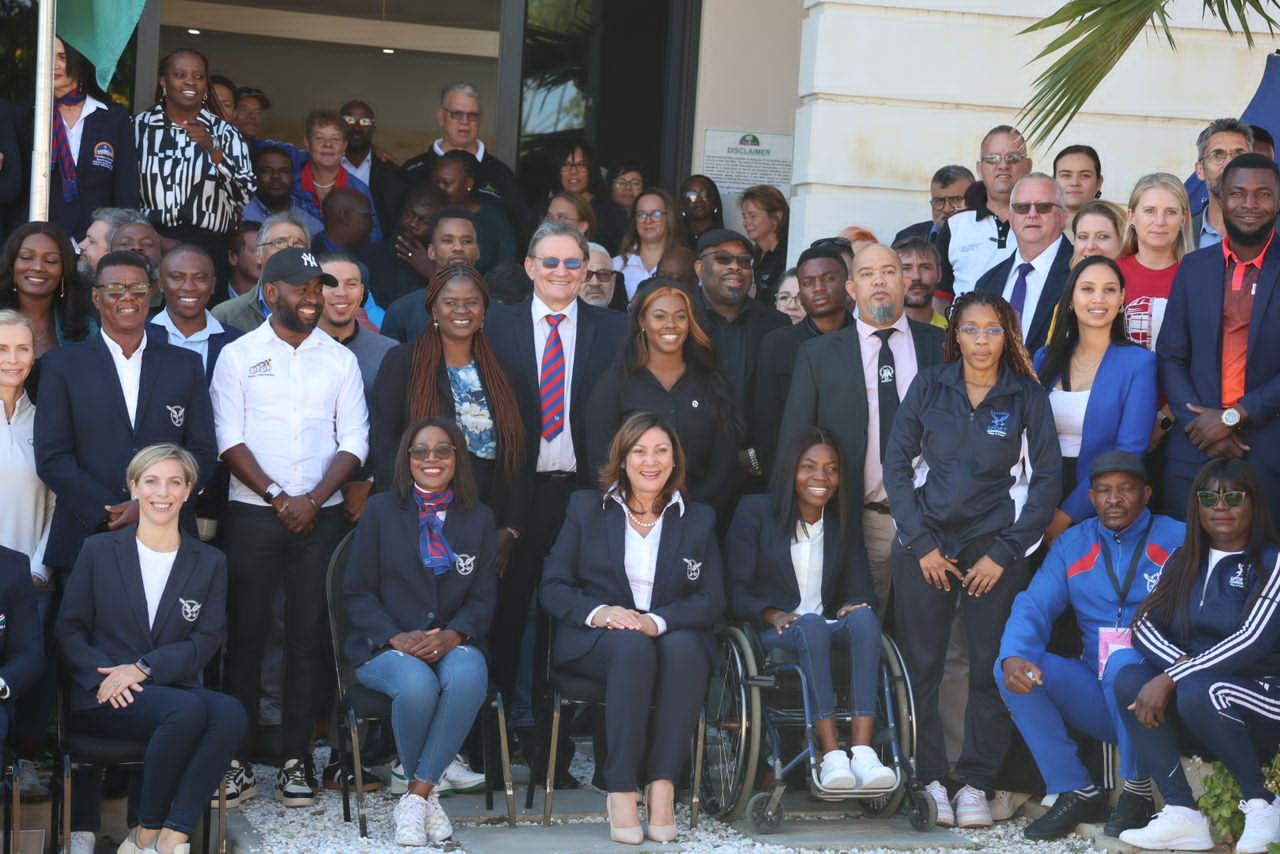SHOOTOUTS and gun battles in broad daylight, brazen muggings and robberies, increased criminal targeting of tourists and an all-round sense of an increase in criminal menace.
Against the background of recent headline-grabbing crimes, The Namibian spoke to Windhoek City Police Chief Abraham Kanime to get a sense of the effectiveness of policing in the capitol. TN: Do you have a shoot to kill policy?Kanime: ‘Absolutely not. One must be professional in using a gun. Of course, it’s up to the courts to prove whether Police are trigger happy. In every situation a case is opened against us. I have to make sure a case is opened. I’m happy you (the media) were on the scene on Thursday (robbery near Louis Botha), and also at the Ausspannplatz incident. Lets talk about the people who committed those crimes. Those people really disregard the Police. Just imagine a daytime robbery at ten in the morning and in the city centre. And again, they came there relying on their fire power. What do you expect of the Police? Look at their history. If you speak to some senior officers in the Namibian Police, they know these guys. Some of these officers have scars on their bodies from those same men.’ TN: Is the use of surveillance technology paying off in crime prevention? Kanime: ‘How did we manage to get there (Ausspanplatz and Louis Botha) at just the right time? We’re looking at 24-hour surveillance in key areas, as well as 24-hour surveillance of groups. When you talk of areas that concern us, it’s the areas that concern the community. We look at areas where we expect crime, and we post our people accordingly. CCTV for example, is a tool. See, our main aim is to increase the dangers associated with crime in a given area, and as a result have criminals move from there. From there, you follow them wherever they move next. Until they move completely out of your jurisdiction.’TN: How is community policing going? Kanime: ‘You and me coming from the past, you know how difficult the relationship was between the public and the Police, because the Police were used as an instrument of oppression. Police were used by politicians to serve them. And I think we have tangible evidence of that. Our concept is called Community Orientated Policing and Problem Solving (COPPS). It means I am public and I am Police. The only difference is that I’m paid to give full time attention to the duties of the Police. But I’m owned by the community. It was not an easy concept to implement, because Police, based on the traditional approach, don’t feel the need to involve the community in Police matters. And the community, seeing their relationship with Police, think Police must be responsible for everything.TN: How is your stricter approach to traffic offences going? Kanime: ‘The main problem currently is the inability of the judicial system to effectively deal with traffic offences. In the past, people even tore up tickets in front of my officers. When you look at the fines we produce a day, it’s more than 1 000, counting members patrolling and cameras recording. But we only get two days of court per week. Add to that the fact that you can only deal with 250 cases per day, and people start feeling that they won’t be punished. We’re using a stick now yes, but once we see an improvement in attitude, one can replace this stick with a carrot again. Look at most cases where people die from car accidents. If a vehicle is moving at 120 km per hour and you’re thrown out, you will travel faster than that car. Just the other day we had a vehicle fall on a guy. And then people say we’re trying to irritate them. Not really.’TN: What are you doing about taxis being used in criminal activities?Kanime: ‘There’s already a bill in parliament now, which will see the management of taxis go to local authorities. Currently, taxi ownership is a lifelong deal. We want to see that licenses are renewed, but with strings attached. Once we have those stronger regulations things will get better. The taxi population is also huge in Windhoek. They are not controlled, and they don’t even balance with the infrastructure. But until we have their management in our hands, we will just keep enforcing. We have profiles of vehicles used in crime. We are behind them. Some are even driving around with bullet holes in them from Police fire. But currently we have to hand those vehicles back. And for that you can’t even blame the Police. You can’t even blame the judges. There just is no law.’
Stay informed with The Namibian – your source for credible journalism. Get in-depth reporting and opinions for
only N$85 a month. Invest in journalism, invest in democracy –
Subscribe Now!










